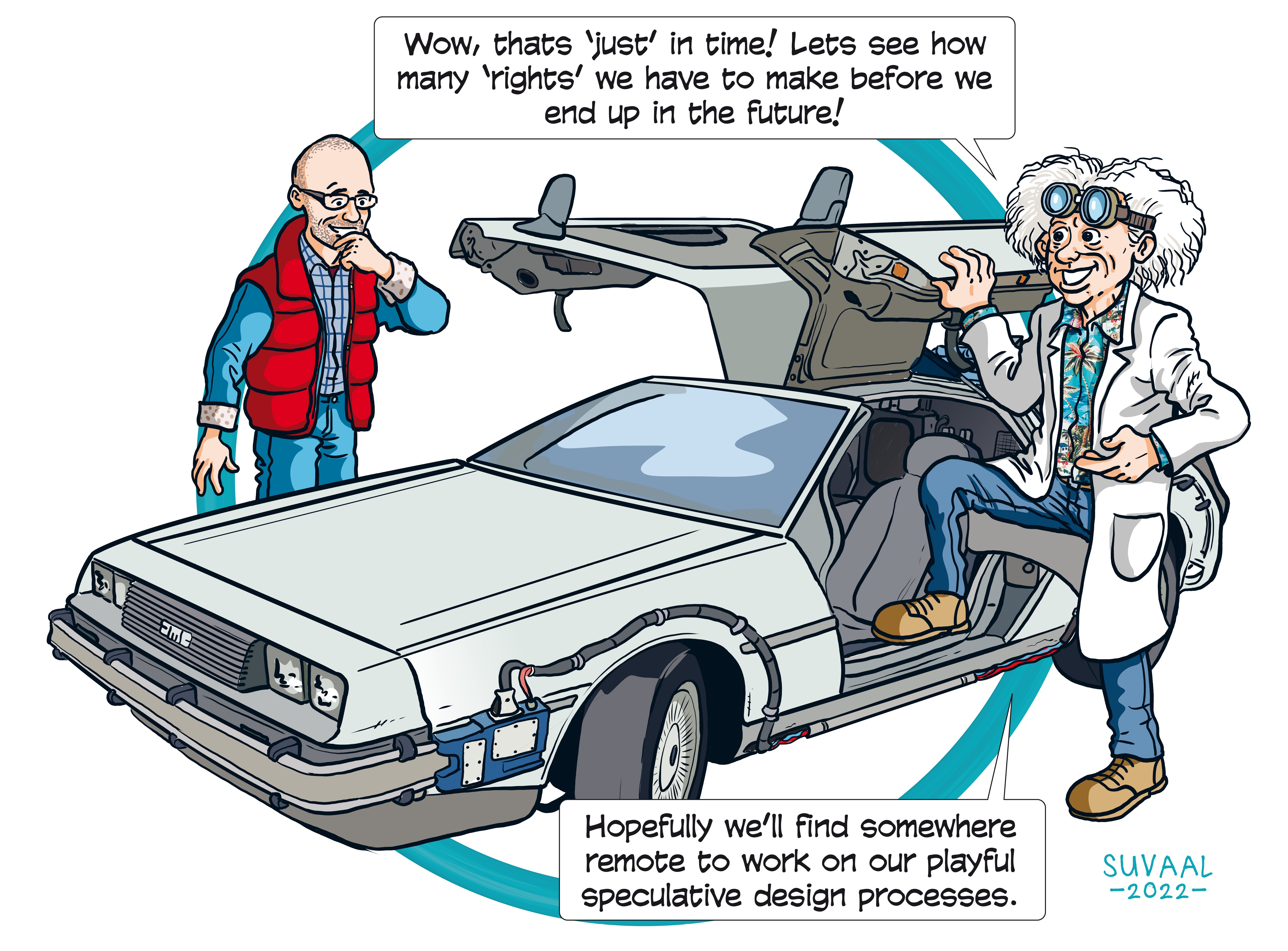AI Futures lab
Research Themes: Software Technology & Intellligent Systems, Social impact

Summary of the project
More AI technologies are entering the human workplace, changing the work that we do and monitoring how or what we are doing. In the design of these technologies there is much focus on the small scale interactions between people and devices and at on larger scale issues such as bias and fairness, but less on what is happening in between - in the relational sphere of the technology. At the AI Futures Lab, researchers are focused on how AI can be developed so it supports a good relationship between workers and their work, based on thinking about rights and justice. They aim to develop tools and frameworks that will help AI developers take account of these relationships while developing AI systems.
Through a playful participatory design process the researchers will develop critical design prototypes and workshops for all sorts of stakeholders. The biggest challenge is to find means to bridge the gap between the small and bigger scale issues in such a way that the work can have a real world impact. The idea is that these visceral and tangible interactions will trigger reflections about what we want from technology. They hope the research will result in tools and frameworks that will help workers to appropriate emerging technologies such as AI for their own ends.
What's next?
Turning the results of the research into change for the people at work with AI. Developing new metaphors for working with AI, and creating new ways to prototype and speculate with technology. Getting people to use the systems and tools, extending how they are developed and used, and building frameworks and guidelines for designers and engineers to create better systems in the future. Subsequently the researchers hope to influence and change policy by bringing concepts to life through design and changing regulations to better support human rights and justice.
With or Into AI?
Both
dr. Dave Murray Rust
dr. Ben Wagner
prof. dr. Filippo Santoni de Sio
Faculties involved
- IDE
- TPM